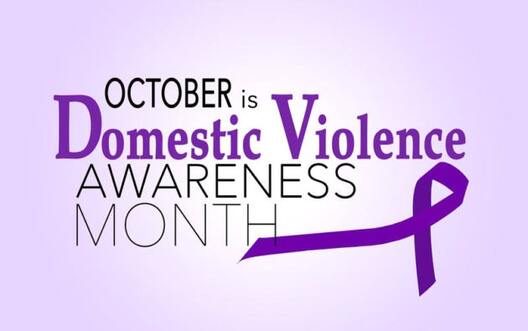|
My last post began a discussion on how eerie it is that abusers are so much alike in their tactics, techniques, and traits that their motives can actually be documented and discussed—yet it’s true. Did they all go to Abuser School to learn how to manipulate others? Obviously not, yet there seems to be something inherent in abusive personalities that causes them to intuitively and naturally act in similar ways. Freaky? Uh, yeah. For sure. Chronic lying.
Abusers are, almost without exception, excellent liars. To them lying is an art, and one they’re so skilled at that they’ve reached the level of near-perfection. They can look people directly in the eye and, with a straight and even empathetic-seeming expression, tell complete falsehoods without compunction. Because of a manipulator’s deception skills, their victims are usually unaware of the lies that have been told to them.
0 Comments
It’s eerie, it’s suspicious, it’s strange and it’s true: abusive personalities are so alike they can be easily identified. Despite differences in socio-economic status, race, gender, political preferences, career choices and all the rest, abusive personalities have such common characteristics that they have been well observed, documented, and commented upon. Obviously not all abusers will carry every single one of these traits, but if you recognize several in your partner, a red flag is likely waving in your direction. Adapted from my upcoming book, Don’t Plant Your Seeds Among Thorns: A Catholic’s Guide to Domestic Abuse, this post (Part 1) — as well as the next (Part 2) — lists the most common traits of abusive personalities. What to Expect When You’re Expecting … Domestic Abuse. Lack of core identity.Most abusers try to manipulate and control others because they lack an inner sense of self and are full of deep feelings of toxic shame. They’re not in touch with the truth of their God-given identity, but instead feel an emptiness where self ought to be.
Domestic violence expert Donald Dutton states: “The shame-prone individual regards every mishap as indicative of a general flaw in themselves. They cannot make the distinction between a specific mistake and their overarching imperfection. Not surprisingly, this emotional style is accompanied by hostility, anger arousal, and tendencies to blame others for negative events.” Toxic shame, feeling powerless and vulnerable, and the need to control these feelings by controlling others are all foundational issues caused by a lack of core identity. Excessive jealousy and possessiveness. Another nearly universal trait of abusers is extreme jealousy. |
AuthorJenny duBay, Trauma-Informed Christian life coach specializing in healing from betrayal trauma and domestic abuse. |






